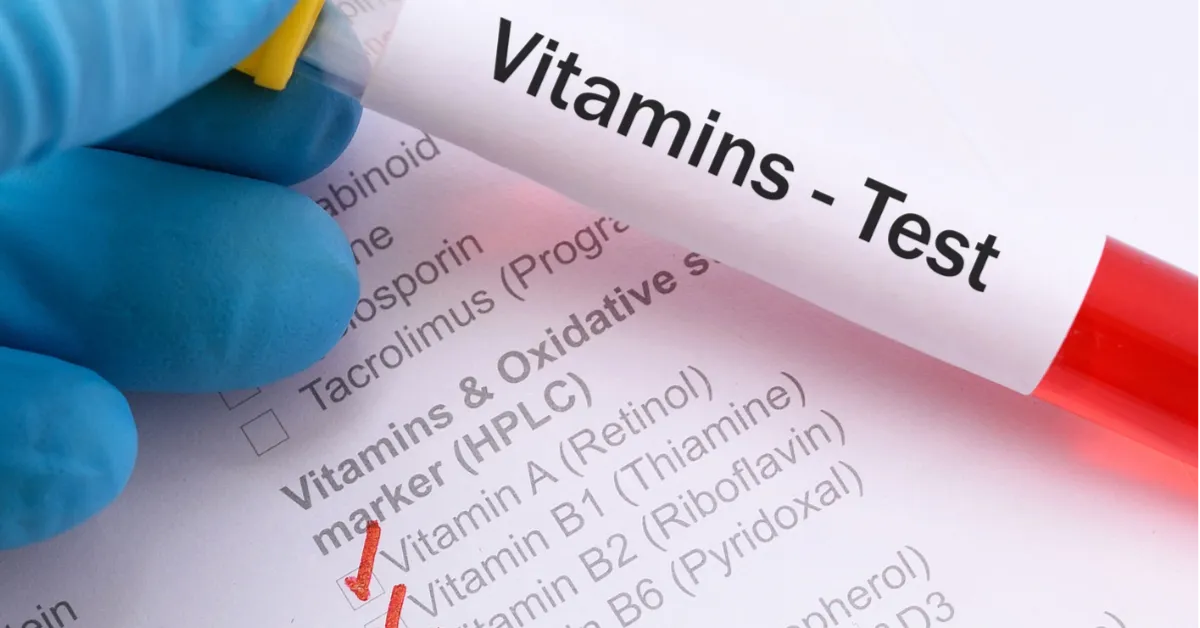EN 18720 Vitamin E Content Analysis in Pet Foods
The European Standard EN 18720 provides a precise and reliable method for determining the total amount of tocopherols (vitamin E) present in pet foods. This standard is crucial for ensuring that products meet the specified nutritional requirements, thereby supporting the health and well-being of pets.
This service involves analyzing vitamin E levels using validated spectroscopic methods such as High-Performance Liquid Chromatography (HPLC). The testing process ensures accurate quantification of alpha-tocopherol, beta-tocopherol, gamma-tocopherol, and delta-tocopherol. Accurate measurement is vital for maintaining product quality and compliance with regulatory standards.
The procedure outlined in EN 18720 specifies the use of a specific type of HPLC equipped with a photodiode array detector (PDA) to achieve high precision and accuracy. Prior to analysis, samples are prepared by extracting tocopherols from the pet food matrix using an appropriate solvent system followed by purification steps.
The significance of this service cannot be overstated as it plays a pivotal role in ensuring that pet foods contain adequate levels of vitamin E. Insufficient amounts can lead to health issues such as reduced immune function and increased oxidative stress, while excessive quantities may result in toxicity. By adhering strictly to EN 18720 guidelines during analysis, laboratories ensure consistent results across different batches of products.
In addition to its role in compliance with regulations set forth by authorities like the European Commission or national food safety agencies, proper vitamin E content measurement helps manufacturers optimize formulations for optimal nutrition. It also enables them to track trends over time regarding consumer preferences and market demands related to pet health.
Our laboratory employs rigorous quality control measures throughout every stage of testing to guarantee accurate results. From sample preparation through final reporting, each step adheres meticulously to EN 18720 requirements ensuring reliability and consistency in outcomes.
| Scenario | Description |
|---|---|
| New Product Development | Determining the baseline vitamin E content for a new line of pet food products to ensure compliance with established standards. |
| Batch Verification | Monitoring consistent vitamin E levels within production batches to maintain quality control during manufacturing processes. |
| Packaging Claims | Verifying the accuracy of nutritional information provided on product labels by comparing measured values against stated amounts. |
| Supplier Audits | Evaluating vitamin E content in raw materials sourced from suppliers to ensure they meet quality criteria set forth by the company. |
| Compliance Audits | Assisting regulatory bodies during inspections by providing verifiable data supporting claims made about vitamin E content in pet foods. |
| R&D Studies | Supporting research projects aimed at improving formulation techniques for better balanced diets rich in essential nutrients including vitamin E. |
| Customer Requests | Responding to inquiries from customers seeking detailed analyses of specific components like vitamin E content in their pet food purchases. |
Quality and Reliability Assurance
The quality assurance processes implemented at our laboratory ensure that all tests conducted adhere strictly to the requirements stipulated in EN 18720. Our team of experts uses state-of-the-art equipment calibrated regularly against international standards to deliver reliable results consistently.
We employ a multi-step approach involving thorough sample preparation, rigorous calibration checks, and repeated validation runs to minimize errors and variability. Additionally, we maintain strict documentation practices throughout the entire testing process to provide comprehensive records for traceability purposes.
Our commitment extends beyond mere compliance with EN 18720; it encompasses continuous improvement efforts aimed at enhancing both internal procedures and external offerings. Regular training sessions are conducted for staff members to stay updated on latest developments within this field, ensuring they remain proficient in applying best practices consistently across all projects.
In summary, our laboratory prides itself on delivering accurate, reliable vitamin E content analyses that contribute significantly towards maintaining high standards of pet food safety and efficacy. By leveraging advanced technologies combined with robust quality assurance protocols, we strive to deliver trustworthy results every time.
Environmental and Sustainability Contributions
The analysis of vitamin E content in pet foods contributes positively towards environmental sustainability by promoting responsible nutrition practices among consumers. Ensuring adequate intake of essential nutrients like vitamin E not only enhances animal health but also reduces waste generation associated with unnecessary consumption.
Our laboratory actively participates in initiatives focused on minimizing the carbon footprint related to food production and distribution processes. By offering precise vitamin E content analyses, we empower manufacturers to make informed decisions regarding ingredient selection which can further reduce environmental impact through more efficient resource utilization.
In addition, our services play a crucial role in supporting circular economy principles by facilitating proper disposal methods for expired or unused pet foods containing these important nutrients. Proper handling prevents potential contamination of natural environments while simultaneously preserving valuable resources needed for future generations.
Through our commitment to quality and reliability, we contribute to the broader goal of fostering sustainable practices throughout the entire food supply chain, ultimately benefiting both human health and planetary well-being.





